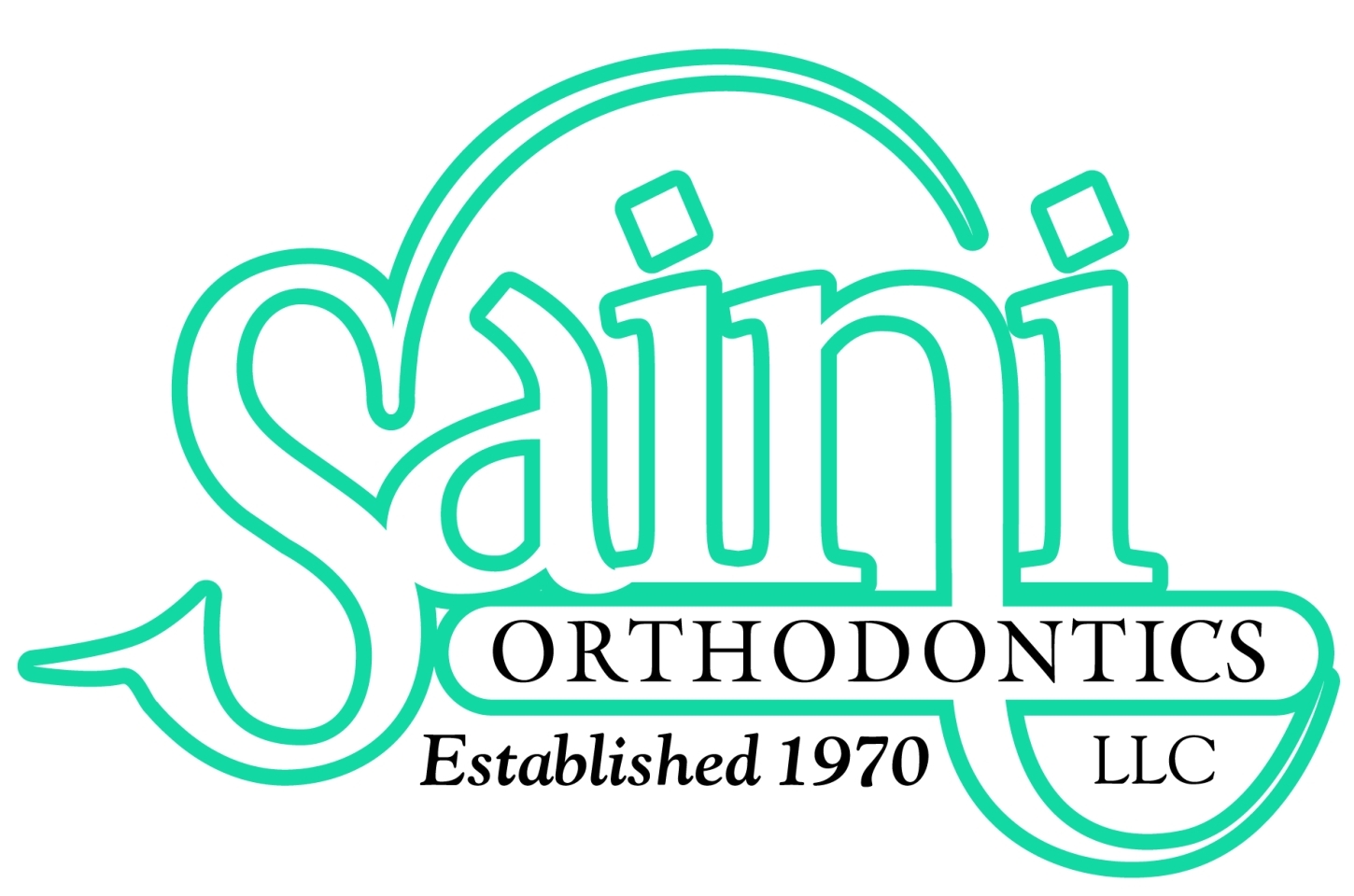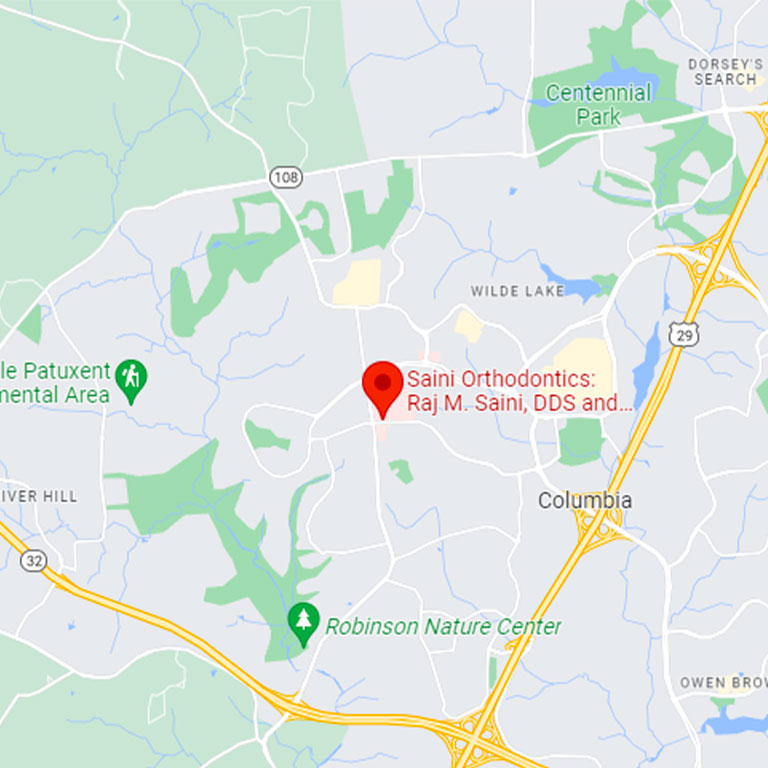Orthodontics and Private Equity
Orthodontics and Private Equity
If you follow business news, it may come as no surprise that private equity in healthcare is steadily increasing. Dentistry is no exception. The American Dental Association (ADA) reports that solo ownership of dental practices has declined in the last two decades, from 2 in 3 dentists in 1999 to 1 in 2 in 2019.
But what does this mean for you as a patient or a parent looking for the best treatment for your child? And how does it affect your choice for orthodontic care in Maryland?
What is Private Equity?
Private equity is a type of capital investment that provides funds and resources to companies in exchange for a share of that company’s profits.
You may be familiar with venture capital firms that often make headlines, but private equity works a little differently. Where venture funds look for new ideas and start-ups to invest in, private equity firms generally partner with established, privately owned businesses (i.e. not traded on the stock market) to help them expand. These partnerships last 7 – 10 years, at which point the private equity firm helps the partner business move on to the next phase of investment.
Private Equity in Dentistry
In dentistry, private equity typically takes the form of Dental Support Organizations (DSOs). There are many kinds of DSOs and many reasons for partnering with them.
According to the ADA: “Some DSOs support practices that are multidisciplinary, while other DSOs concentrate on dental practices that are focused on a specialty or general practice only.”
DSOs may provide access to better facilities, updated equipment and technology, administrative and human resources management, higher salaries, and increased staff. This can mean more time and ability to care for patients and a better work-life balance for practitioners.
Private Equity in Maryland Dentistry
When it comes to DSOs, Maryland law keeps a strict separation between the business side of a dental practice and the patient care side.
First, all dental practices – including orthodontic practices – must be primarily owned by one or more people licensed by the Maryland Board of Dentistry. These licensed owners are completely responsible for patient care and safety.
Maryland law states that DSOs may provide funds and other resources for a variety of business-related matters. For example, DSOs may own, lease, and/or manage the “real property or furnishings, equipment, or other goods that are used by a dentist or dental practice”. DSOs can also provide or oversee administrative areas such as bookkeeping, human resources, and managing patient records.
On the other hand, all patient care and dental services must be directly overseen and provided by a licensed individual. Only a licensed individual can hire or direct other dental staff (such as dental hygienists or assistants). Additionally, Maryland law expressly forbids “any person who is not a licensed dentist to direct, control, or interfere with the independent professional judgment of a dentist or dental hygienist regarding the diagnosis, care, or treatment” of a patient.
Dental and orthodontic practice owners are also required to provide continuity of care. This means that if the practice is unable to complete a patient’s treatment for any reason, then the owner must ensure the patient is transferred to another licensed provider.
Choosing an Orthodontic Practice in Maryland
There are many orthodontics practices in Maryland that offer excellent care. We hope the information here helps you better understand the role private equity can play in our field and assures you that Maryland regulations provide protection for patient care no matter which practice you choose.
Choosing Saini Orthodontics
Saini Orthodontics is not only the first orthodontic practice in Columbia but also the only Howard County practice entirely owned by a father and son team! All treatment and practice management are directly overseen by Drs. Raj and Ty Saini. We do not answer to any investors.
Our owners are also our main practitioners. All new patient cases are reviewed by Raj and Ty in order to create one cohesive treatment plan shared by the doctors and our dedicated support staff.
Both Drs. Raj and Ty are certified by the American Board of Orthodontics and teach at NYU and the University of Maryland on a continuous basis. They also perform all technical procedures (such as placing and removing braces, bending wires, and placing bonded retainers), ensuring the best possible treatment for all patients.
Looking for orthodontic care in central Maryland? Give us a shout! We are always happy to explain any aspect of our Howard County orthodontic practice and get you or your child on the road to a healthier smile!


Leave a Reply
Want to join the discussion?Feel free to contribute!